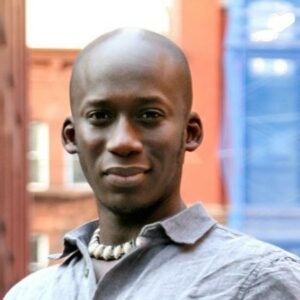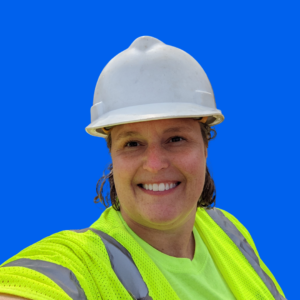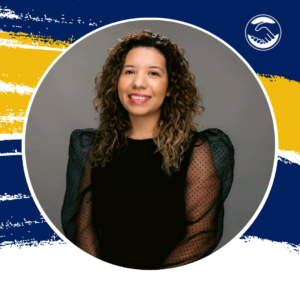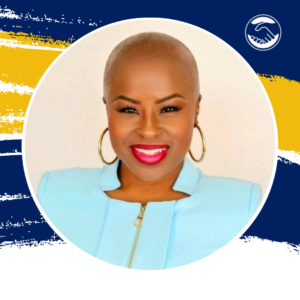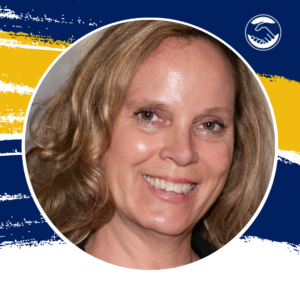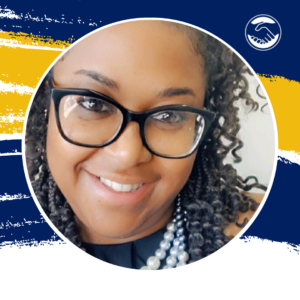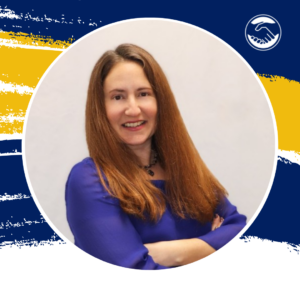Winter Bootcamp ’18 Member
Company Website: https://takebackthemic.com
AMP Global Technologies
Derrick N. Ashong, also known as “DNA,” is an Emmy-nominated producer, musician, and entrepreneur. In 2015, he launched the digital media company Amp.it and his production of Take Back the Mic has received critical acclaim. He participated in the Founders First Winter 2018 Bootcamp in San Diego. We recently sat down with him to discuss his business and the success of The Mic: Africa, which is like an “African Idol” featuring dancers, artists, and singers exclusively from Africa.
One of the amazing things about The Mic: Africa is that it was born out of the COVID-19 pandemic. COVID shut down most of the television, movie, and entertainment production world. But The Mic: Africa pushed ahead.
“When the rest of the world stopped producing, we did a show in six different countries simultaneously, in the midst of the crisis,” Derrick said. “And we did it safely and effectively. That was a huge hurdle to overcome. It required rethinking the entire process of how you produce something…. We didn’t think the whole thing was going to come crumbling down, but we had already built a plan and we executed that plan. And that is how The Mic: Africa was born.”
One of the show’s goals is to showcase African talent around the world. While the show draws from many Anglophone countries, there are also many people performing in their native languages, from their own country, in their own communities.
“That was really profound and really beautiful,” Derrick said. “It’s rare that you get to see Africa through the eyes of Africans. So, in this case, you’re being introduced to Nairobi or Kigali or Lagos through the eyes of a Kenyan or Rwandan and a Nigerian artist. And the story is being told through the eyes of a Kenyan, Rwandan or Nigerian filmmaker. So, there are multiple layers of storytelling that introduce you to an authentic representation of African youth culture.”
Many of the participating artists are elevated to a different stage. Their name recognition has grown exponentially as they’ve appeared on everything from CNN to billboards in Times Square.
Additionally, the show tackles several cultural issues. One, there’s not enough representation of youth culture around the world that is done through the lens of those youth and, in certain cultures, that means that people are constantly being misrepresented. The show demonstrates a different vision of what life is really like for young people across the continent and gives people a sense of pride in themselves.
Two, the show is the first of its kind, born entirely in Africa. “If you ask people what the big shows are on the continent, they’re always talking about Real Housewives of Johannesburg, X Factor, or Nigerian Idol,” Derrick said. “Okay. Very cool. All of it was imported from outside. Where are the formats that were born on the continent that represent Africa as seen through the eyes of Africans and that export that vision to the rest of the world? Where is the format born here taking our cultural perspective to the planet? Never been done.” Until now, that is.
Third, the show is very innovative in how people win. Not only do the artists win, but the filmmaker that told their story wins. And then every user from the winning artist’s country also wins free mobile data. This final part is huge, as Derrick’s efforts have a chance to have an immense impact by bringing more of Africa online. Whereas we’ve seen internet usage rise to 70% worldwide, in Africa it’s stayed flat at 7%, Derrick pointed out. The reason, he said, is because “Africa pays the highest mobile prices in the world, five times the average worldwide. And so, a lot of people can’t get online.”
To solve this, Derrick’s group created the “70 by 25” initiative to get Africa to 70% mobile internet access by the end of the year 2025. With The Mic: Africa, Derrick’s team has “built a technology where young people can come in, enjoy the app, engage, watch, share, and actually earn ad supported mobile data, which they can use outside of the app.”
He continued, “So, in a social sphere, we’re presenting cultural content that helps people feel good and proud about themselves. And we’re going to do the same thing with The Mic: India, The Mic: America, and The Mic: Asia. There’s a whole slate of assets that we’ll be launching over the next few years.”
They’re working on turning culture into currency, too. “We are offering the ability for people to earn mobile data by their consumption,” Derrick said. “Our goal is to try to connect the continents and connect the culture….. In the next five years, we will have demonstrated at global scale how you literally turn culture into currency and how that can benefit both creators and consumers of amazing art content in ways that have never been done before. And that by doing so you can elevate the communities on multiple levels—creatively, artistically, financially, humanistically.”
Derrick has come a long way since he participated in the Founders First Bootcamp in 2018, but we asked him what lessons he learned.
“I had a great time in the accelerator,” he said. “It was absolutely amazing. I think we learned a lot about how to operationalize a business. To me, from Founders First, we learned the basics of how to actually run a company. I mean, I had never heard of a revenue producing unit before. How do you think about hiring? How do you think about finance as a potential revenue center? That helped us figure out how we structure our costs, how we structure our revenues, how we structure our deals and our partnerships—all of those things came out of our experiences in Founders First. So [we learned] a lot of the tactical elements that enable us to execute very effectively and swiftly. We’ll be forever grateful. It really helped the company to take things to another level.”
Since then, Derrick and Amp.it certainly have gone to a whole new level, and the future looks ever brighter. We can’t wait to see what they do next.

